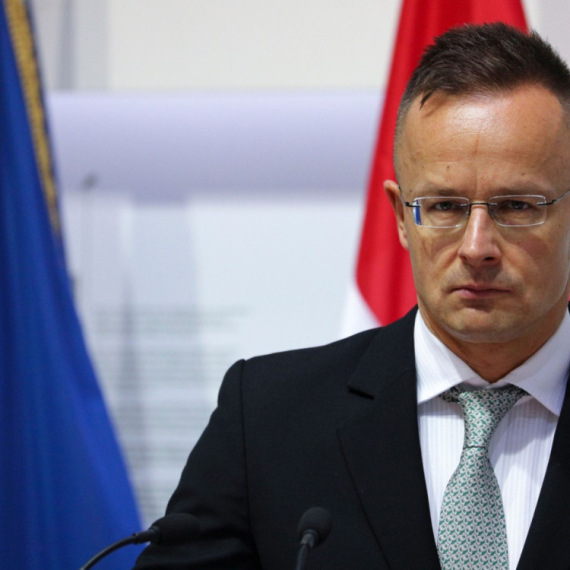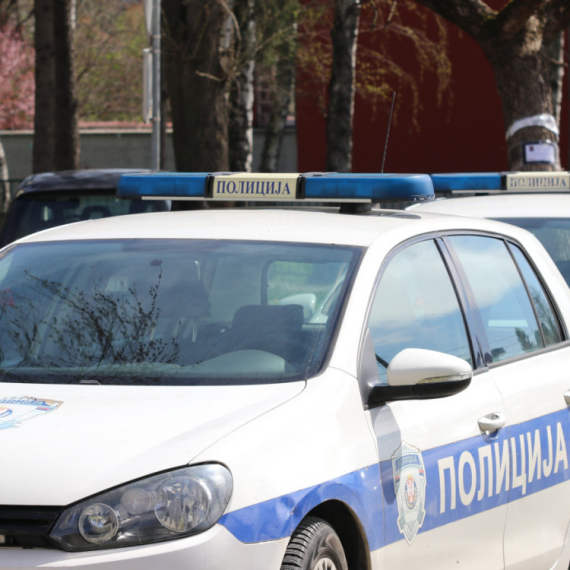Kosovo—no jobs, no returnees
Kosovo Returns Minister Boban Stanković says that the biggest problem in the province is unemployment.
Friday, 12.09.2008.
16:07

Kosovo Returns Minister Boban Stankovic says that the biggest problem in the province is unemployment. He said that the main reasons that displaced persons did not want to return to Kosovo was because they would not be able to find work there. Kosovo—no jobs, no returnees He said that Serbia also played a part in this problem. “Every Kosovo institution should have 11 percent Serbian representation, and 16 percent for all other minority communities. However, the Serbian government, through various pension plans like such as wages and pensions, is helping Serbs, and dowsing their desire to look for a job,” said the Kosovo returns ninister. He said that “Serbia must give a clear signal to the Kosovo Serbs to accept reality and move towards the Kosovo institutions,” KiM Radio reports. Stankovic said that the ministry did not have a clear plan for developing the process of individual returns, but that UN Development Program (UNDP) funds would facilitate that process. He said that for now, the ministry would deal with collective returns, for which “a manual is being prepared.” He said that the ministry had set aside EUR 700,000 to support the process of individual returns. UNDP Chief in Kosovo Frode Mauring said that there was a great desire for people to return to Kosovo, but that there were several issues hampering progress. “The UNDP, together with the Returns Ministry, is bolstering the strategy in order to make returns easier and do everything to provide a sustainable future. By July 2008, some 150 people returned through the individual return process, which is a success,” Mauring said, appealing for more people to join the process. He said that the ministry would help build homes, offer socio-economic assistance and all other necessary kinds of aid.
Kosovo—no jobs, no returnees
He said that Serbia also played a part in this problem.“Every Kosovo institution should have 11 percent Serbian representation, and 16 percent for all other minority communities. However, the Serbian government, through various pension plans like such as wages and pensions, is helping Serbs, and dowsing their desire to look for a job,” said the Kosovo returns ninister.
He said that “Serbia must give a clear signal to the Kosovo Serbs to accept reality and move towards the Kosovo institutions,” KiM Radio reports.
Stanković said that the ministry did not have a clear plan for developing the process of individual returns, but that UN Development Program (UNDP) funds would facilitate that process. He said that for now, the ministry would deal with collective returns, for which “a manual is being prepared.”
He said that the ministry had set aside EUR 700,000 to support the process of individual returns.
UNDP Chief in Kosovo Frode Mauring said that there was a great desire for people to return to Kosovo, but that there were several issues hampering progress.
“The UNDP, together with the Returns Ministry, is bolstering the strategy in order to make returns easier and do everything to provide a sustainable future. By July 2008, some 150 people returned through the individual return process, which is a success,” Mauring said, appealing for more people to join the process.
He said that the ministry would help build homes, offer socio-economic assistance and all other necessary kinds of aid.
















Komentari 9
Pogledaj komentare